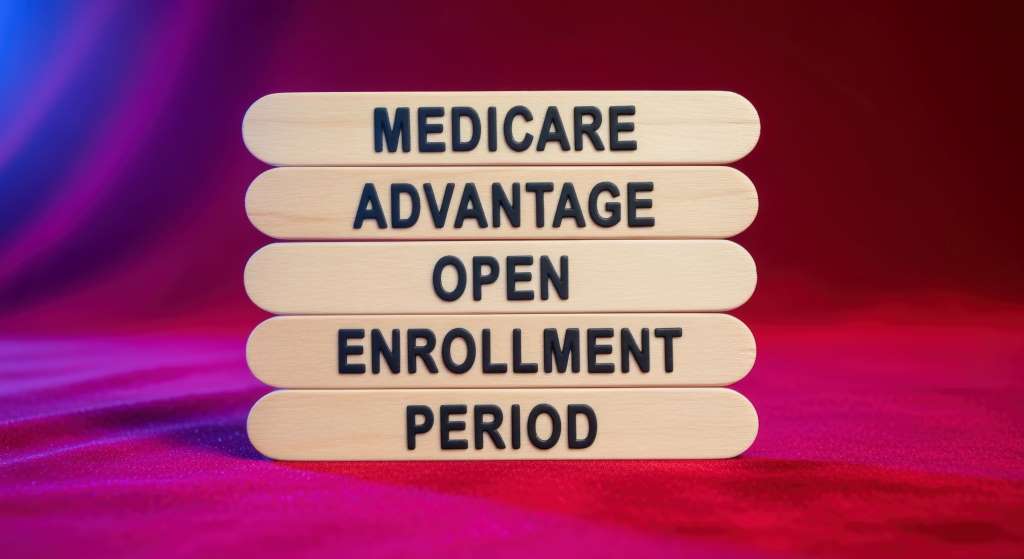Have you been sick or injured? Adding insult to the injury, your claim may have been denied by Medicare or your private insurance company. You could be on the hook for hundreds, perhaps thousands of dollars of medical bills. In many instances, this does not need to be the end of the story. You may be able to appeal the decision successfully.
Winning an appeal may sound like a long shot, but it’s not. According to the non-profit organization Medicare Rights Center, claimants win about 80 percent of their appeals for lower payments. However, it can be a frustrating process that often requires a significant amount of your time, along with lots of patience and perseverance.
Ideally, Medicare will cover its share of your costs the first time around, but it doesn’t always work that way in the real world. Sometimes a claim denial can be related to a minor issue, such as filing the wrong code. That’s an easy fix. Indeed, it may not be worth your time and effort to appeal a $14 bill, but if you add a couple of zeroes to the total, it’s certainly worth a try.
The Medicare Appeals Process
If you feel that Medicare has made a mistake or issued a denial that will jeopardize your health, you have the right to appeal that decision – and don’t give up, even if your first appeal is denied. Medicare has a five-stage appeal process that enables you to move your case up the ladder.
- The first stage of the appeals process is a review by a Medicare administrative contractor.
- If that fails, your second appeal is reviewed by a qualified independent contractor.
- Next comes a review by the Office of Medicare Hearings and Appeals.
- The fourth level involves the Medicare Appeals Council.
- If you strike out on the first four attempts, you can escalate your appeal to a federal district court. The court will only hear cases involving claims of more than $1,400. (By the time you reach the third level, you may want to retain an attorney.)
“Craft an argument like a lawyer,” advises AnnMarie McIlwain, CEO of Patient Advocators, a New Jersey-based firm that helps its clients wade through the complications of the healthcare system. She says you need to provide evidence that will support your claim to reverse Medicare’s decision.
“You can’t be emotional,” says McIlwain. Even though the process is very personal to you, the appeal must be based on fact, not emotion. “Get a doctor’s written statement. Without that, you won’t succeed. You have to give them something medically substantive to succeed.”
Getting Started on a Medicare Appeal
Each quarter, Medicare mails you a Medicare Summary Notes (MSN) statement. It summarizes the treatments you have received, how much your provider charged, the amount Medicare paid, and the amount you may owe.
Circle the item(s) that you are disputing, and at the bottom of the summary, write “Please Review.” Sign the back of the original and send it back to the address listed on the MSN. Include a letter that clearly explains why you think the claim should be covered, along with the letter you get from your doctor that provides evidence that the service or drug was “medically necessary.” (Ask the doctor or health equipment supplier to use that specific term!) Also, include your Medicare number on all documents you submit.
Because this can be a long and tedious process, make sure you keep a copy of everything, use certified mail or delivery confirmation, and ensure you adhere to the deadlines. You have 120 days from the date on the MSN to submit an appeal. However, if you use a Medicare Advantage plan, HMO or PPO, you have only 60 days to file an appeal.
Also, when dealing with Medicare Advantage plans, the first step in the appeal process is directly through the private insurance company you use. If the company’s “reconsideration” process rejects your claim, you can then request that an independent panel affiliated with Medicare review your claim.
When dealing with the prescription drug plans (Medicare Part D), private companies use their own appeals process, although they are required to follow Medicare rules and procedures.
Whether through Medicare or private insurers, the appeals process can be arduous, but you should file a claim if you feel you are in the right. You have nothing to lose, a lot to gain, and a good chance of winning.
Help is Available
As we’ve said, the appeals process can be labor-intensive, but if you are the do-it-yourself type, go for it. If not, there are people and organizations to help. Perhaps a family member or friend is good at this type of detail work and willing to lend a hand. You can also contact your state’s State Health Insurance Assistance Program (SHIP), which can help you through the process.
You or your representative can also call Medicare at 800-633-4227 to ask questions about filing an appeal.
If you don’t want the hassle of doing this yourself, you can hire a professional patient advocate or claims assistant. To find help, contact the Alliance of Claims Assistance Professionals (ACAP), a national association of independent claims assistants (www.claims.org). Of course, this only makes sense if your claim is for a substantial amount. You don’t want the moral victory of winning an appeal for a $100 bill and then paying $300 to your professional assistant.
Fast Track Medical Appeals
In most cases, you will receive a decision within 60 days of filing your appeal, but sometimes that’s too long to wait. In emergency cases – when claims for essential medicines are denied, or skilled nursing care is needed immediately – you can file for a fast-track appeal that will be decided within 72 hours.
Non-Medicare Appeals
If you are not yet on Medicare and dealing with a private insurer, the appeals process has some key differences, but all insurers have an appeals process.
In dealing with Medicare or a private insurer, many successful appeals have to do with correcting a clerical error on the first submission of your claim. For example, many claims are denied because of a coding mistake that your doctor’s office can straighten out pretty quickly. Along the same lines, many claims involve missing information, oversights, or misunderstandings. Again, as with Medicare, you will likely need a letter of “medical necessity” from your healthcare provider.
To avoid spinning your wheels during the appeals process, make sure your original appeals letter includes basic information: your name, address, date of birth, insurance ID number, date(s) when the services were provided, and the health insurance claim number. Your letter should state that you are appealing a claim denial and provide documentation about why your claim should be paid. Remember, this is not the time or the place for personal emotional venting. Keep it professional. And if your first appeal is turned down, you may be able to file for review by your state’s insurance commissioner.
The art of the appeal often comes down to using the language in an insurance policy to your advantage. “Use their words to support what you want to do,” says McIlwain. “The smoking gun can be found in the minutiae of a policy. It can be 200 pages, and you have to go through it with a fine-tooth comb, but use its language to support why your denial should be overturned.”
A Government Accountability Office study found that between 39 percent to 59 percent of appeals made directly to insurance companies were successful. To avoid wasting time, make sure you have not exceeded your plan’s coverage limits and check that your drug or therapy is explicitly not covered. In addition, you may want to call your insurer before filing the appeal to determine why your claim was turned down, how the appeals process works, and to what department or person you should send your appeal to.
You have very little to lose by resubmitting or appealing a claim and potentially a lot to gain. And your chances of success are surprisingly good. Go for it!



